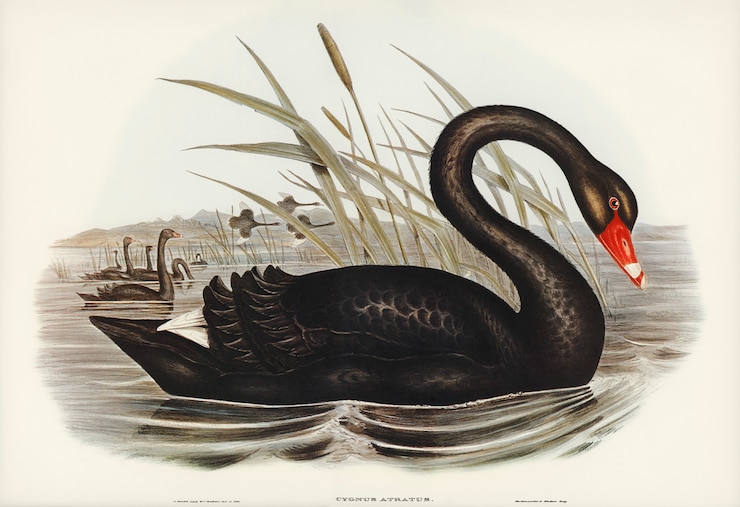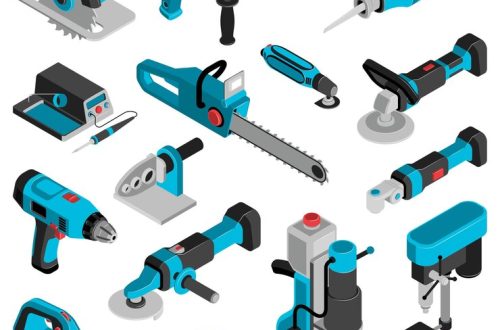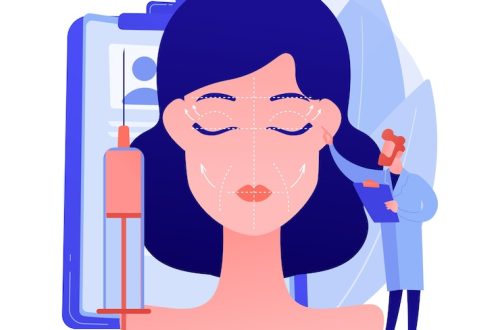
Creativity is like an open door to self-discovery. It actively engages the brain, helping us uncover new opportunities and perspectives. For instance, when creating art, such as oil painting reproductions, or even just admiring artwork in galleries, the brain experiences physical and emotional relief. This process reduces stress, boosts serotonin and endorphin levels, and ultimately makes us feel happier.
When we look at art, our brain processes visual information by organizing shapes and patterns into meaningful interpretations. Art can help calm the mind, offering a welcome distraction from life’s worries. According to neuroscientists, engaging with art can even enhance the brain’s decision-making abilities.
Here’s a breakdown of how creating and experiencing art positively impacts our brain:
1. Art Reduces Stress and Anxiety
Art activities like drawing, painting, or sculpting provide a unique way to process emotions and cope with complex feelings. Art therapy, in particular, helps reduce trauma symptoms and relieves psychological stress by using creative techniques. Art allows the brain time to process emotions and work through unresolved feelings, offering a therapeutic connection between creativity and healing. Studies show that art encourages a meditative-like state, which reduces cortisol levels (the stress hormone) and soothes anxiety. This makes it a fantastic tool for addressing mental health challenges like depression.
2. Art Improves Focus
When we dive into creating art, our brain enters a “zone” where external distractions fade away. This activates a reflective, calm state that enhances focus and strengthens the brain’s attention functions. Concentrating on art releases dopamine, a “feel-good” neurotransmitter that boosts both pleasure and productivity. As a result, we’re able to focus more intensely and take in details with greater clarity.
3. Art Strengthens Memory
Visualizing and conceptualizing through art can enhance how the brain retains knowledge. Sketching out information often works better for memory than merely trying to memorize it outright. Creating art stimulates the brain to think critically and creatively, which can improve memory over time. Studies even suggest that engaging in art can reduce the risk of memory-related conditions like dementia and Alzheimer’s as we age.
4. Art Promotes Physical and Emotional Healing
Enjoying or creating art can be profoundly healing. Interacting with art helps us express emotions we may struggle to put into words, offering a healthy outlet for release. It boosts overall well-being by easing emotional pressure, improving blood flow to the brain, and reducing stress-related hormones. Artistic activities, such as art therapy, have shown benefits for cancer patients, PTSD sufferers, and even those dealing with asthma. By shifting attention away from pain or discomfort, art can alter how we perceive and handle physical or emotional suffering.
5. Art Fuels Creative Thinking
Art sparks creativity by strengthening connections between brain cells and encouraging the growth of new neurons. For children especially, exposure to creative outlets enhances critical thinking skills, vocabulary development, and observational abilities. For artists, this creativity allows them to approach problems from new angles, use innovative techniques, and develop diverse solutions to challenges. This constant engagement with creative tasks promotes unique perspectives and improves problem-solving skills.
6. Art Boosts Social Well-Being
Creating art can improve self-esteem and foster a sense of accomplishment. When artists share their work and receive recognition, they often feel a deeper sense of identity and pride. Similarly, community-based art programs can promote social engagement and lower feelings of isolation. Art provides comfort for introverted individuals, offering a powerful way to connect with others and express emotions. Additionally, art serves as a bridge across time, helping people empathize with historical experiences or connect with different cultures. It even encourages productive discussions about important social issues.
Closing Thoughts
Art has a remarkable impact on our brains, offering everything from stress relief to improved cognitive functions. Beyond motor skills and creative thinking, art is a gateway to emotional healing and personal growth. Whether you’re creating art or enjoying it as a viewer, you’re engaging in a process that enriches your mind and spirit, proving once again that art is an extraordinary gift.




